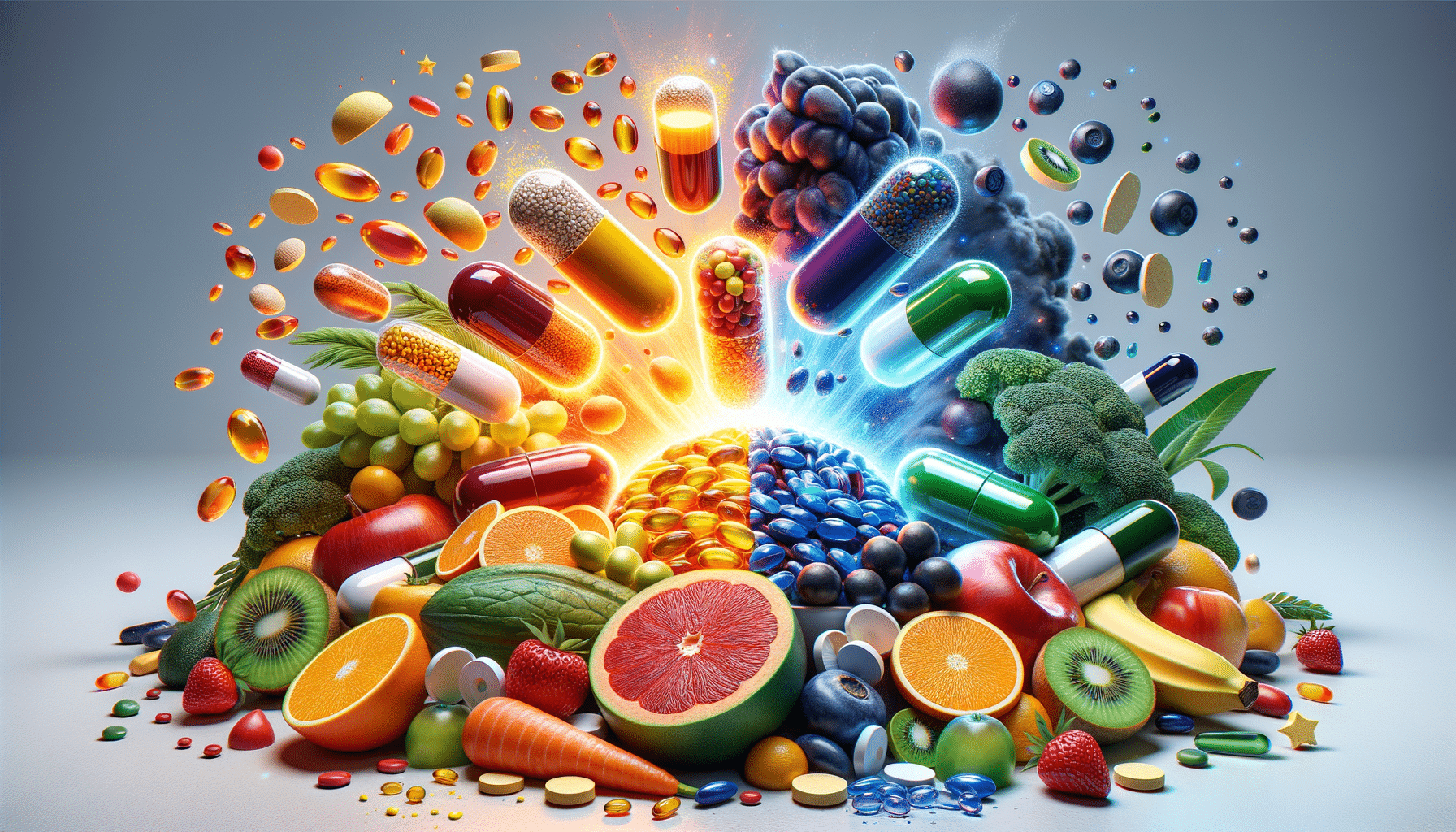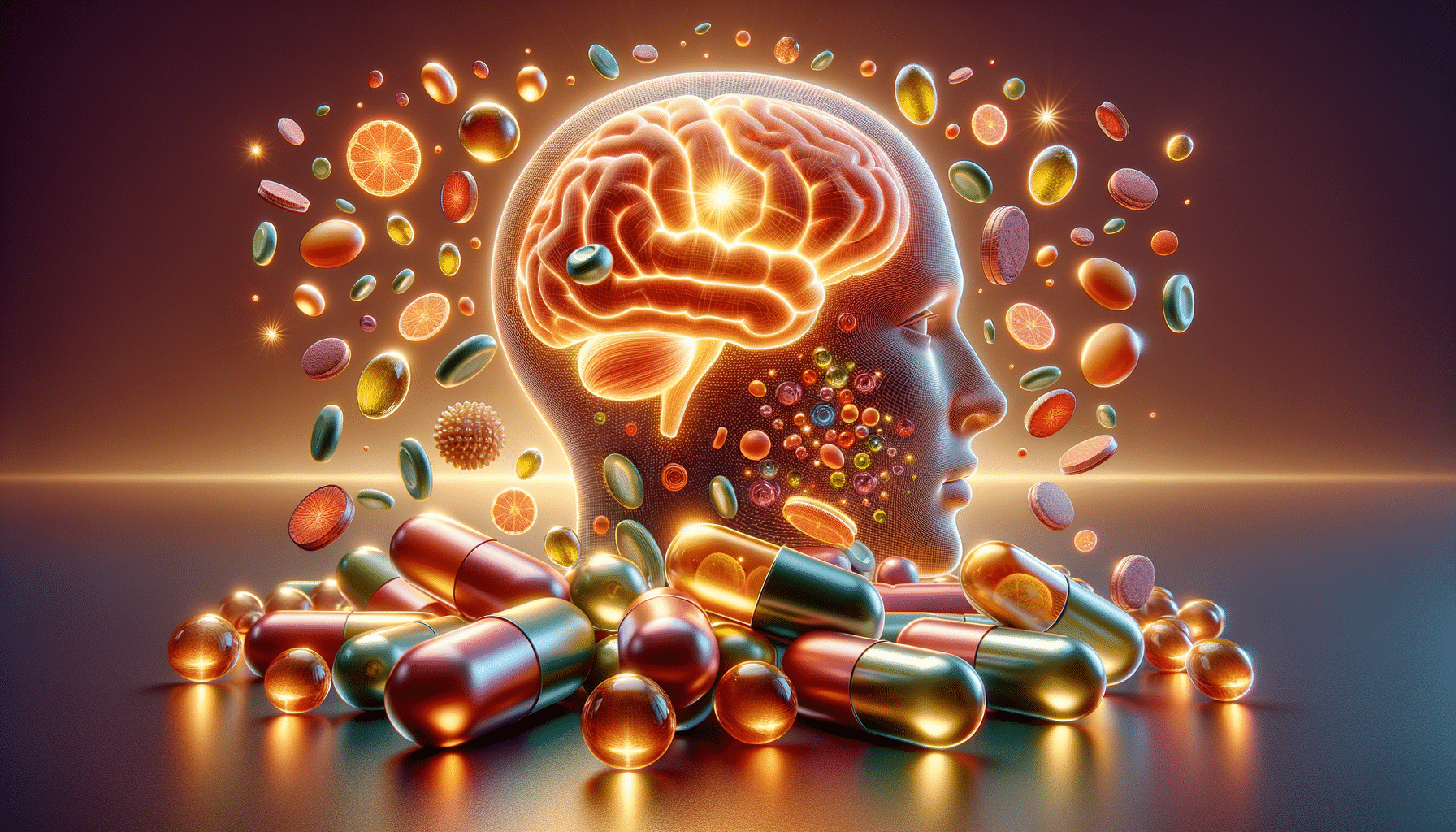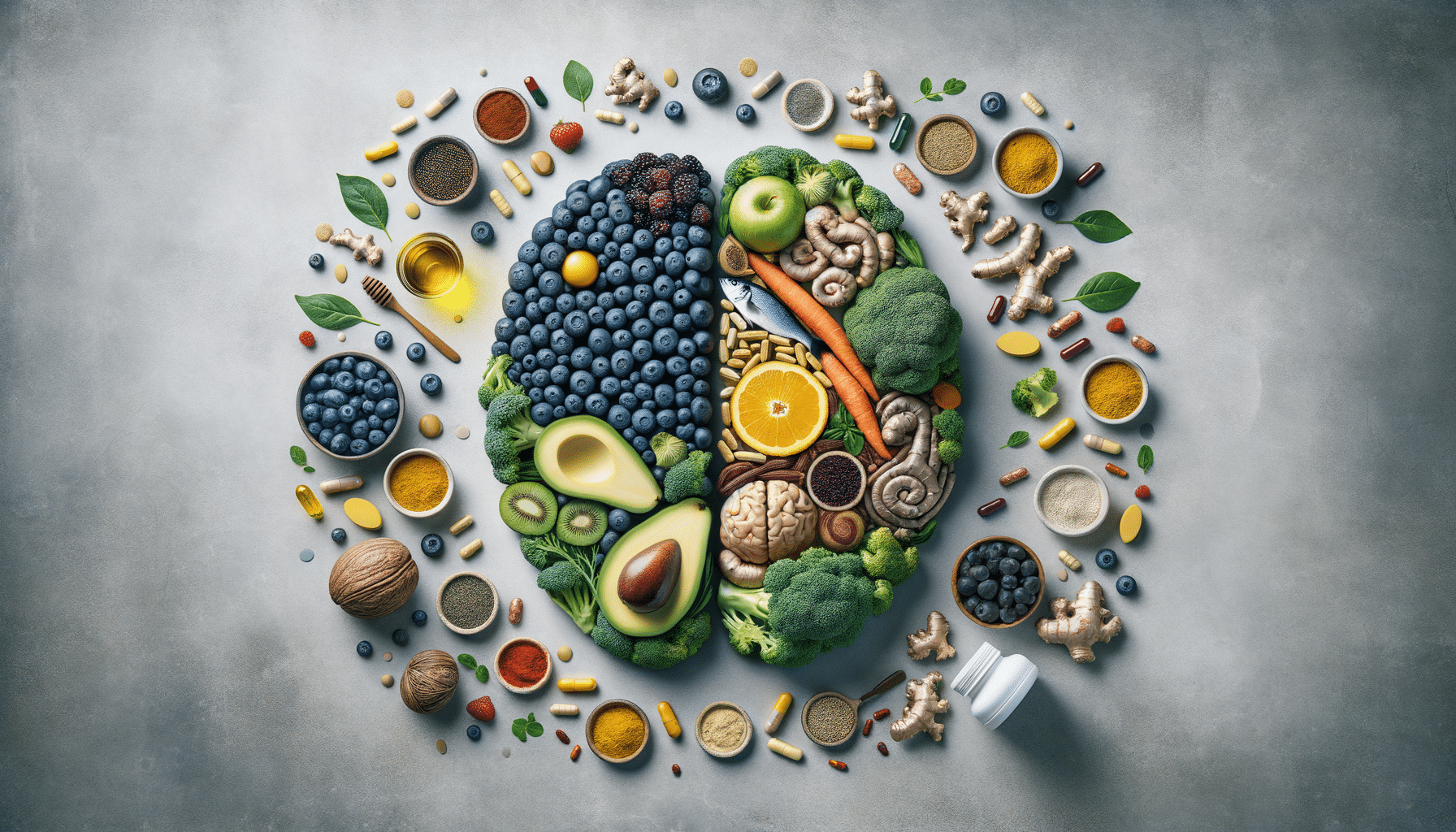
Vitamins That Help with Energy and Relief from Tiredness
Introduction to Vitamins for Energy and Tiredness
In today’s fast-paced world, feeling tired and low on energy can become a common issue, affecting our daily performance and overall well-being. While there are various reasons for fatigue, including lifestyle and health conditions, incorporating the right vitamins into your diet can significantly impact your energy levels. This article explores the crucial vitamins that help combat tiredness and boost energy, providing you with the vitality needed to tackle everyday challenges.
The Role of Vitamin B Complex in Energy Production
The Vitamin B complex is a group of eight essential nutrients that play a pivotal role in energy production. These vitamins, including B1 (Thiamine), B2 (Riboflavin), B3 (Niacin), B5 (Pantothenic acid), B6 (Pyridoxine), B7 (Biotin), B9 (Folate), and B12 (Cobalamin), work synergistically to convert the food we eat into energy. They are crucial in the metabolism of carbohydrates, fats, and proteins, effectively releasing energy stored in these macronutrients.
For instance, Vitamin B12 and Folate are vital for red blood cell formation, which is essential for oxygen transport throughout the body, thereby reducing fatigue. A deficiency in these vitamins can lead to anemia, characterized by persistent tiredness and weakness. Ensuring a diet rich in B vitamins or considering supplements can help maintain optimal energy levels.
Vitamin D: The Sunshine Vitamin for Vitality
Often referred to as the “sunshine vitamin,” Vitamin D is crucial for maintaining energy levels. It is synthesized in the skin upon exposure to sunlight and plays a significant role in bone health, immune function, and mood regulation. A deficiency in Vitamin D is linked to fatigue and a general sense of tiredness.
Research suggests that adequate levels of Vitamin D can enhance muscle function and reduce feelings of fatigue. Incorporating foods rich in Vitamin D, such as fatty fish, fortified dairy products, and egg yolks, or spending time outdoors in sunlight, can help boost your Vitamin D levels and, subsequently, your energy.
Iron and Its Impact on Energy Levels
Iron is a mineral that plays a critical role in energy production. It is a key component of hemoglobin, the protein in red blood cells responsible for transporting oxygen throughout the body. Without sufficient iron, the body cannot produce enough healthy oxygen-carrying red blood cells, leading to iron-deficiency anemia, a common cause of fatigue.
To prevent iron deficiency, include iron-rich foods in your diet, such as lean meats, beans, lentils, and spinach. Pairing these foods with vitamin C-rich foods like citrus fruits can enhance iron absorption. For those with diagnosed deficiencies, iron supplements may be recommended by healthcare professionals.
Conclusion: Embracing a Balanced Diet for Sustained Energy
In conclusion, while vitamins play a crucial role in maintaining energy levels and alleviating tiredness, achieving a balance of these nutrients through a well-rounded diet is essential. Incorporate a variety of foods rich in B vitamins, Vitamin D, and iron to support your body’s energy production processes. Additionally, maintaining a healthy lifestyle with regular exercise, adequate hydration, and sufficient sleep can further enhance your vitality and overall well-being.
By understanding the impact of these essential vitamins and making informed dietary choices, you can effectively combat fatigue and enjoy sustained energy throughout your day.


